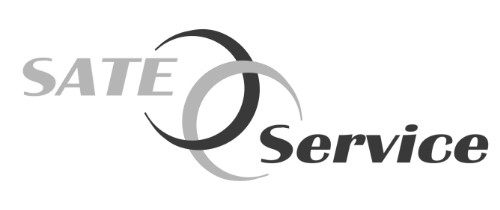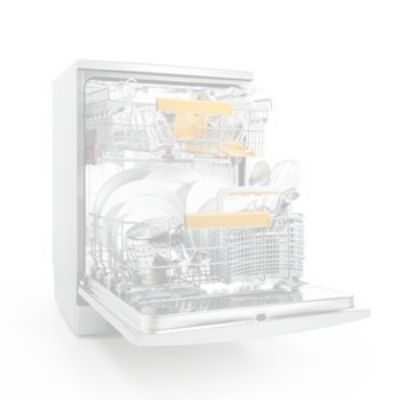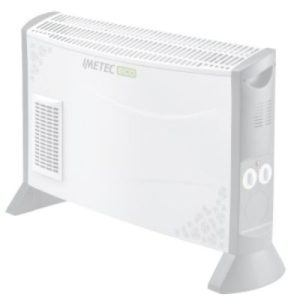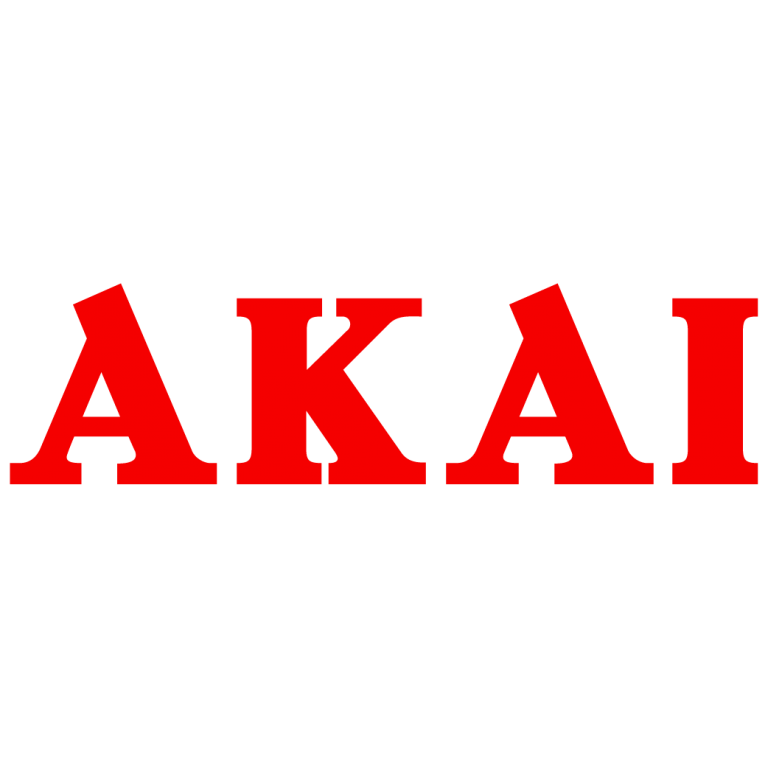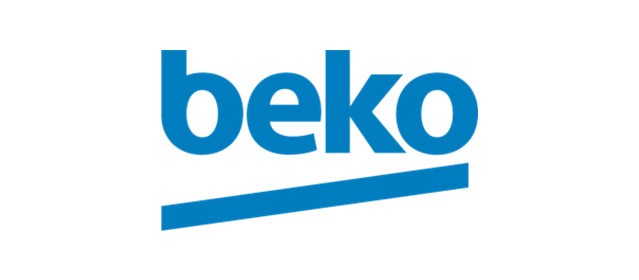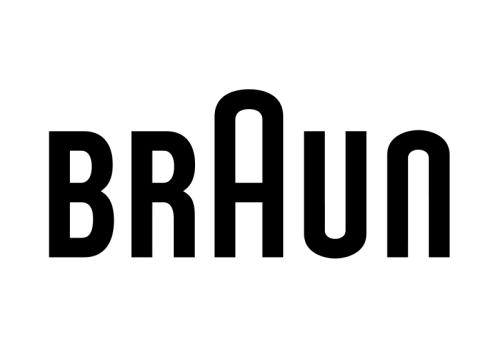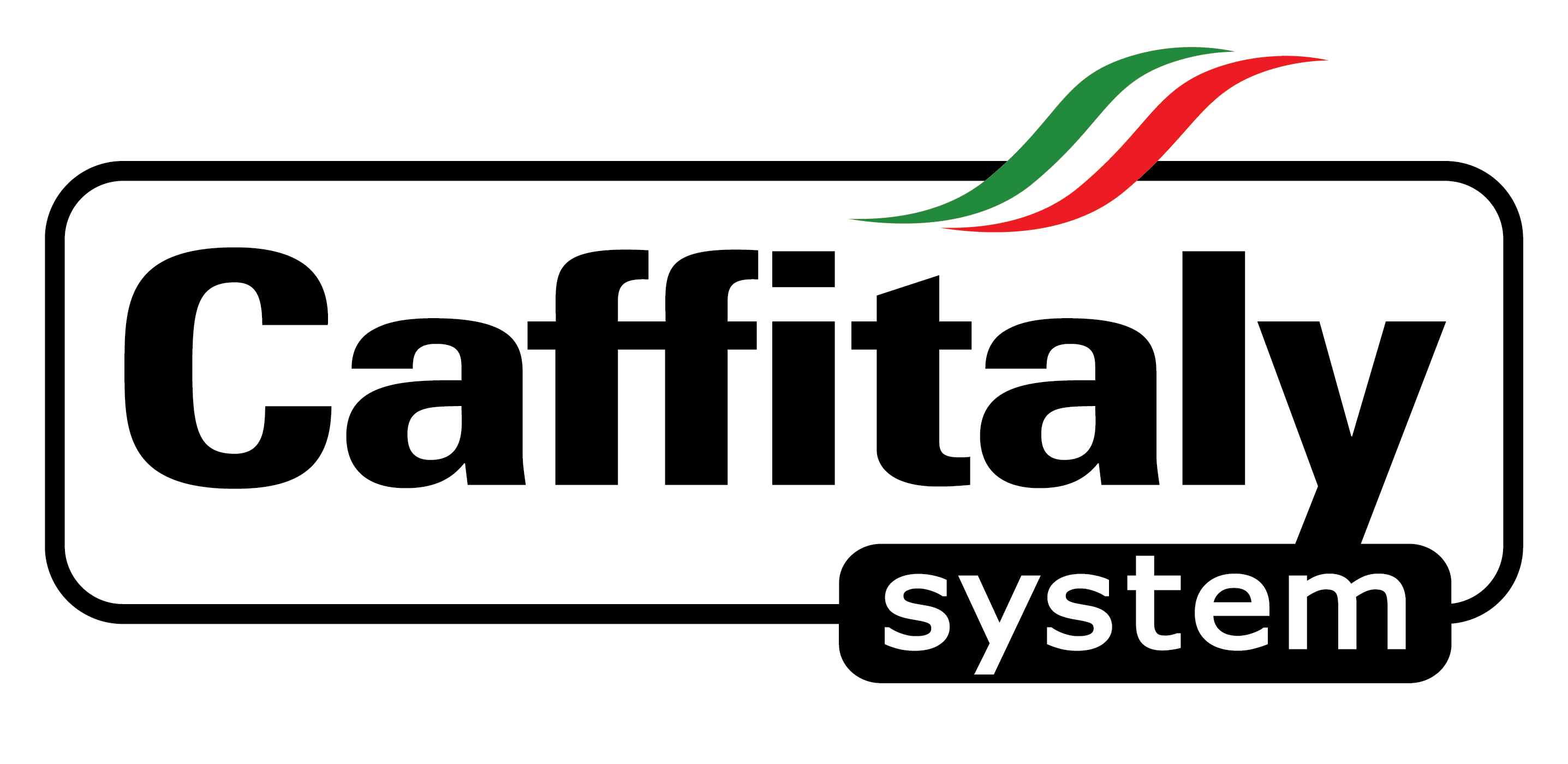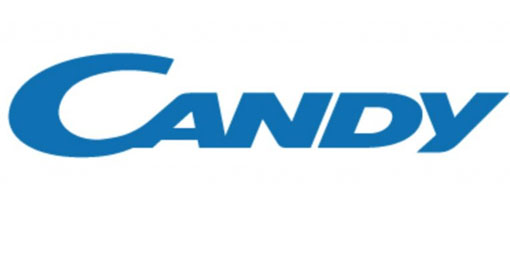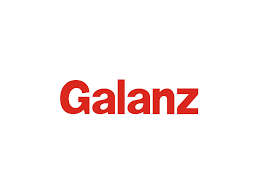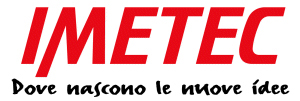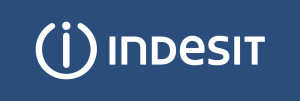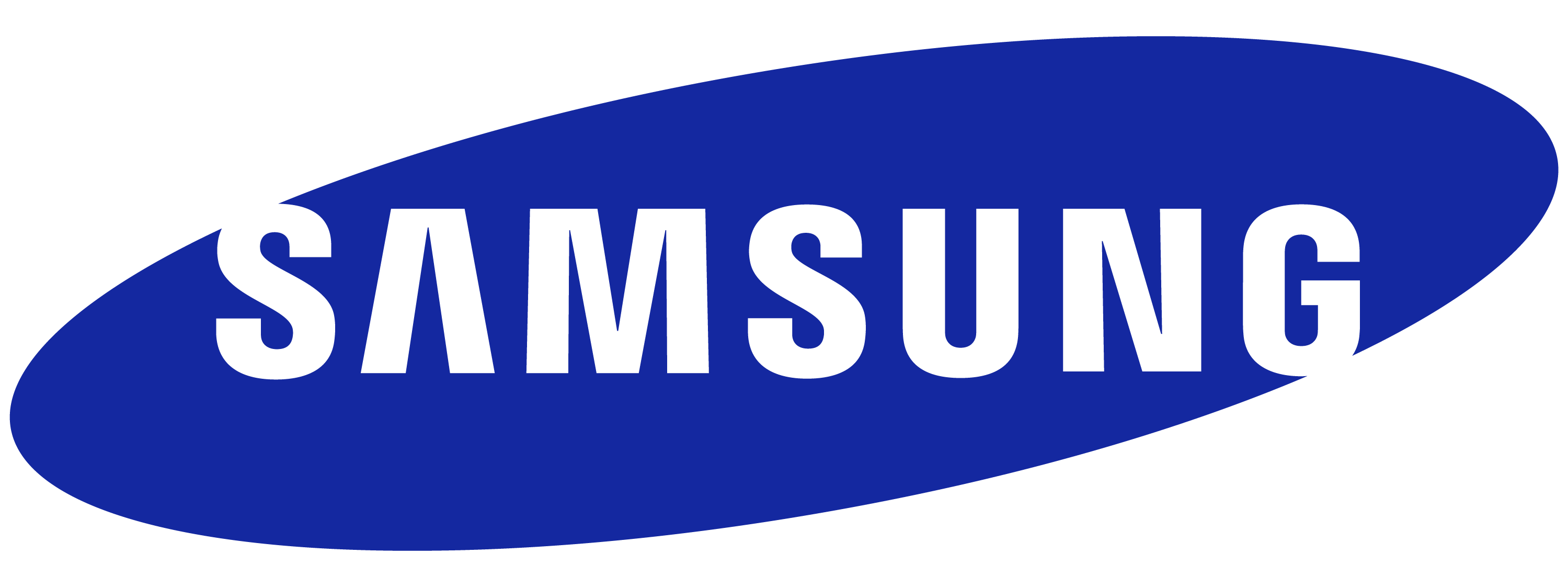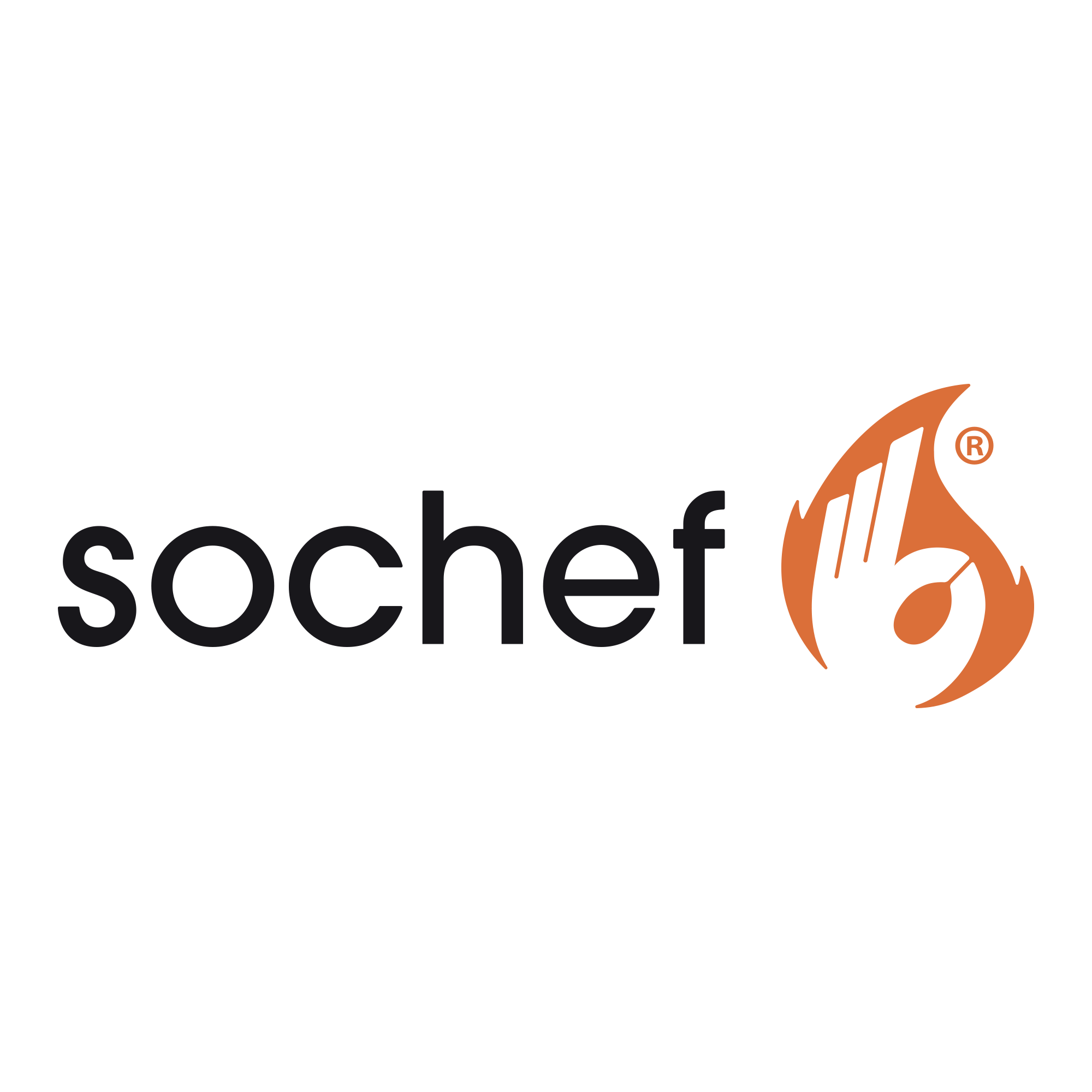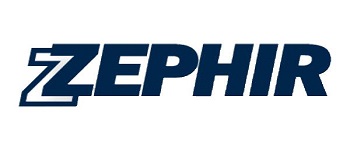Over-the-Counter OTC Equities Disclosure Library
Content
In the U.S., the what is a otc stock majority of over-the-counter trading takes place on networks operated by OTC Markets Group. This company runs the largest OTC trading marketplace and quote system in the country (the other main one is the OTC Bulletin Board, or OTCBB). Companies may opt to trade shares in the over-the-counter market (meaning, they trade through a broker-dealer) if they’re unable to meet the listing requirements of a public exchange. OTC trading may also appeal to companies that were previously traded on an exchange but have since been delisted.
What are the different OTC markets?
Unlike the NYSE and Nasdaq, they don't have a central physical location and use a network of https://www.xcritical.com/ broker-dealers that facilitates trades directly between investors. In contrast, the major exchanges have centralized locations and use matching technology to process trades immediately. Penny stocks and other OTC securities are readily available for trading with many of the online brokerages, these trades may be subject to higher fees or some restrictions. As with any investment decision, it’s important to fully consider the pros and cons of investing in unlisted securities. That’s why it’s still important to research the stocks and companies as much as possible, thoroughly vetting the available information.
Get Started with your OTC Listing
These types of companies are not able to trade on an exchange, but can trade on the OTC markets. In the customer market, bilateral trading occurs between dealers and their customers, such as individuals or hedge funds. Dealers often initiate contact with their customers through high-volume electronic messages called “dealer-runs” that list securities and derivatives and the prices at which they are willing to buy or sell them. In the interdealer market, dealers quote prices to each other and can quickly lay off to other dealers some of the risk they incur in trading with customers, such as acquiring a bigger position than they want. Dealers can contact other dealers directly so that a trader can call a dealer for a quote, hang up and call another dealer and then another, surveying several in a few seconds. An investor can make multiple calls to the dealers to get a view of the market on the customer side.
Where Can I Find Information About OTC Trading?
This can give some investors added assurance and confidence in their transactions. How securities are traded plays a critical role in price determination and stability. The OTC market helps companies and institutions promote equity or financial instruments that wouldn’t meet the requirements of regulated well-established exchanges. The over-the-counter market is a network of companies that serve as a market maker for certain inexpensive and low-traded stocks, such as UK penny stocks. Stocks that trade on an exchange are called listed stocks, whereas stocks that are traded over the counter are referred to as unlisted stocks. OTC stocks, also known as over-the-counter stocks, are US instruments that are not listed on major US exchanges such as NASDAQ or the New York Stock Exchange.
How Does an Investor Buy a Security on the OTC Market?
Many, or all, of the products featured on this page are from our advertising partners who compensate us when you take certain actions on our website or click to take an action on their website. Known as the venture market, this market entails a moderate amount of oversight, and it shares some information with the SEC. There are several well-known networks for OTC trading, which are distinct in terms of the securities they offer investors. All investing is subject to risk, including the possible loss of the money you invest. A security that represents part ownership, or equity, in a corporation. Each share of stock is a proportional stake in the corporation's assets and profits, some of which could be paid out as dividends.
Advantages and Disadvantages of OTC Markets
The coverage limits provide protection for securities and cash up to an aggregate of $150 million, subject to maximum limits of $37.5 million for any one customer’s securities and $900,000 for any one customer’s cash. Similar to SIPC protection, this additional insurance does not protect against a loss in the market value of securities. The information in this site does not contain (and should not be construed as containing) investment advice or an investment recommendation, or an offer of or solicitation for transaction in any financial instrument. IG accepts no responsibility for any use that may be made of these comments and for any consequences that result. When considering OTC stocks, it’s important to understand how the positives and potential negatives may balance out — if at all.
How do OTC stocks differ from stocks listed on major exchanges?
OTCs cannot be purchased directly from the Over-the-Counter Bulletin Board (OTCBB) or the OTC Markets Group. All transactions happen through market makers rather than individual investors. IG International Limited is part of the IG Group and its ultimate parent company is IG Group Holdings Plc. IG International Limited receives services from other members of the IG Group including IG Markets Limited. Because financial statements and other disclosures are vital to investors, investors should know if their OTC security is required to file statements and should be cautious if it’s not mandated to do so.
What Are Over-the-Counter (OTC) Stocks?
Although retail prices of over-the-counter transactions are not publicly reported, interdealer prices for the issues have been published since February 1965 by NASD and later FINRA. A delinquent SEC reporting classification indicates that a company is not up to date with its SEC reporting requirements under the Exchange Act. Companies that are delinquent may be subject to removal from the OTC markets by the SEC until reporting requirements are fulfilled. In other words, a company that falls behind on its reporting may have trading of its shares suspended. This marketplace includes many companies that are growing and need access to public markets for capital, but don’t yet have the capacity to meet the reporting or revenue requirements of the OTCQX marketplace.
- If the buyer’s maximum price is above the seller’s minimum price, a transaction can occur.
- Since the exchanges take in much of the legitimate investment capital, stocks listed on them have far greater liquidity.
- Because of this structure, stocks may not trade for months at a time and may be subject to wide spreads between the buyer’s bid price and the seller’s ask price (i.e., wide bid-ask spreads).
- We believe everyone should be able to make financial decisions with confidence.
- Shareholders and the markets must be kept informed on a regular basis in a transparent manner about company fundamentals.
- FINRA's responsibilities include monitoring trading activities, enforcing compliance, and handling disputes.
- Margin trading increases risk of loss and includes the possibility of a forced sale if account equity drops below required levels.
When a company is unlisted, it is public and can sell stocks, just not on a security exchange such as Nasdaq or the New York Stock Exchange. Additional information about your broker can be found by clicking here. Public Investing is a wholly-owned subsidiary of Public Holdings, Inc. (“Public Holdings”).
As a result, they often lack liquidity, which means you may not be able to find a willing buyer if you want to sell your shares. Because supply and demand may be out of sync, you’ll often find wide bid/ask spreads for OTC securities. By contrast, an OTC equity issuer may or may not be required to file these reports. Some OTC equity issuers do file regular reports with the SEC like listed companies, and some non-SEC reporting OTC equity issuers might make certain financial information publicly available through other avenues. This means information available to investors about the company could be limited or incomplete. OTC markets may also offer more flexibility in trading than traditional exchanges.
If youre curious about OTC trading, Public offers over 300 OTC stocks that you can invest in using our online investment platform. Investors can trade OTC on Public with the same available funds they would use for any other trade, and users with funded accounts automatically have access to OTC trading. Bonds, including bonds bundled into ETFs, are not usually traded on centralized exchanges. Instead, most are exchanged OTC on the secondary market via broker-dealers.
Suppose you're an investor seeking high returns on your investments, so you're willing to dip into the OTC markets if you can find the right stock. You look to be in early on what promises like a big deal, just like other storied early investors. After evaluating the quotes and considering the company's prospects, MegaFund buys 30,000 shares from OTC Securities Group at $0.85 per share. The trade is executed directly between MegaFund and OTC Securities Group through a private negotiation. No public announcement is made about the transaction, and the price isn't displayed on any exchange.
So, it’s important to understand how OTC markets work, what the different OTC market tiers are, and what the classifications that are given to OTC stocks mean. “Because there's less regulation, they're known to be targets of market manipulation where prices can be manipulated. It involves a lot of risk because you're buying typically less reputable securities. NerdWallet, Inc. is an independent publisher and comparison service, not an investment advisor.
As mentioned, an OTC stock is one that trades outside of a traditional public stock exchange. As such, in order to grasp OTC stock trading and how it works, it helps to have a clear understanding of public stock exchanges. The company transitioning from OTC to a major exchange must be approved for listing by the relevant exchange. A completed application is necessary, along with various financial statements.
ETFs often have lower expense ratios but must be purchased and sold through a broker, which means you may incur commissions. The most common way for retail customers to buy an over-the-counter (OTC) stock is to create an account with a broker. Many, but not all, brokerage firms that allow you to trade on the stock market also let you trade OTCs. Alternatively, you could hang a “for sale” sign in the window and give it a shot on your own.
Typically, these classifications are visibly listed on The OTC Markets Group page for a particular stock. Companies on the OTC Pink marketplace are often penny stocks, shell companies, and companies that are in financial distress. The OTCQB market is a step down from the OTCQX market in terms of what is required of companies in order to list shares. Companies must be audited annually, report to the SEC or a banking regulator, and must have a minimum share price of $0.01. These companies must also have a float of at least 10% of outstanding shares. OTC, or over-the-counter, markets are decentralized stock markets where individuals buy and sell stocks directly with each other.
You should consult your legal, tax, or financial advisors before making any financial decisions. This material is not intended as a recommendation, offer, or solicitation to purchase or sell securities, open a brokerage account, or engage in any investment strategy. The Over-the-Counter Bulletin Board (OTCBB) is a quotation service hosted by the Financial Industry Regulatory Authority (FINRA).
